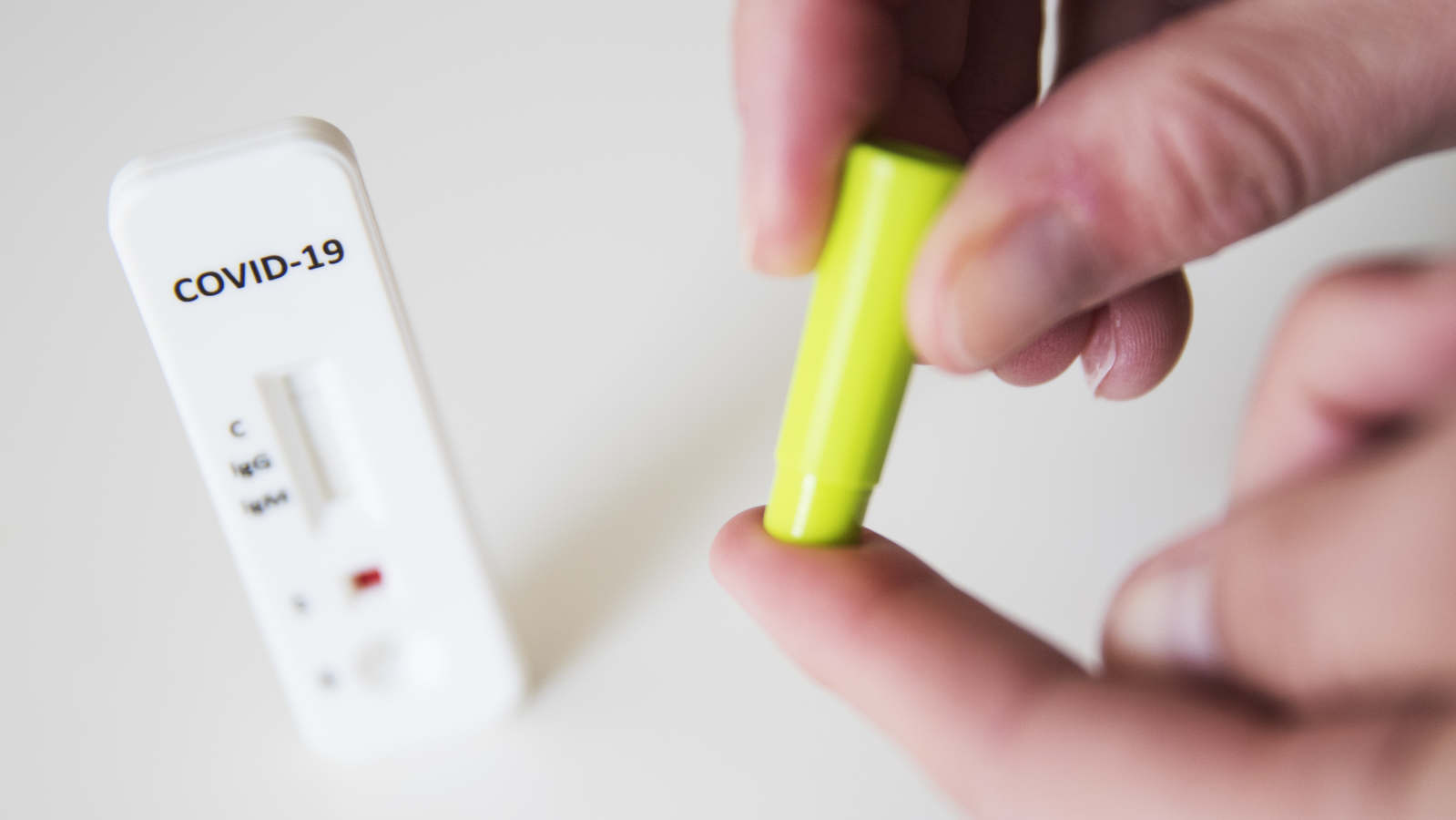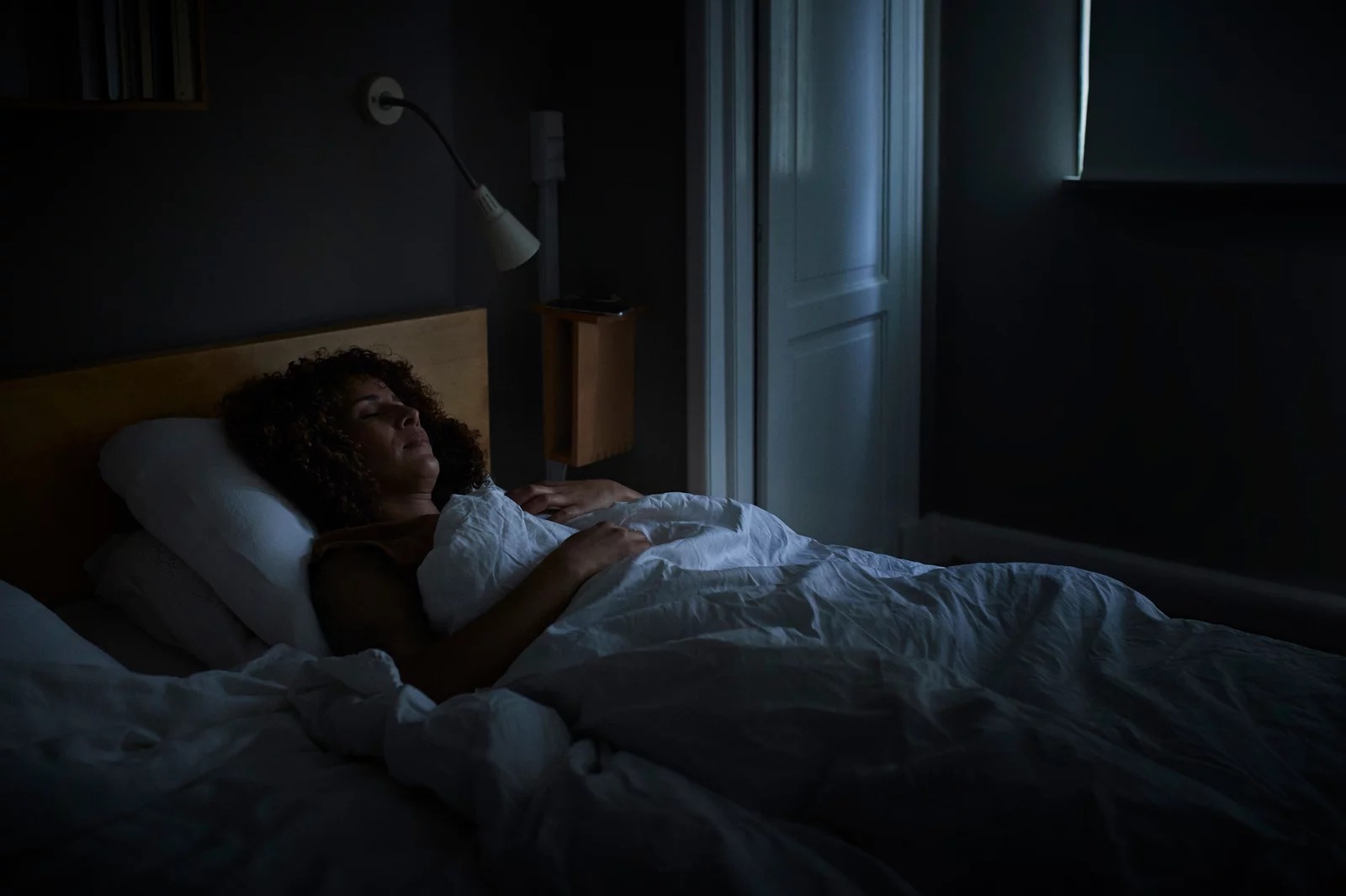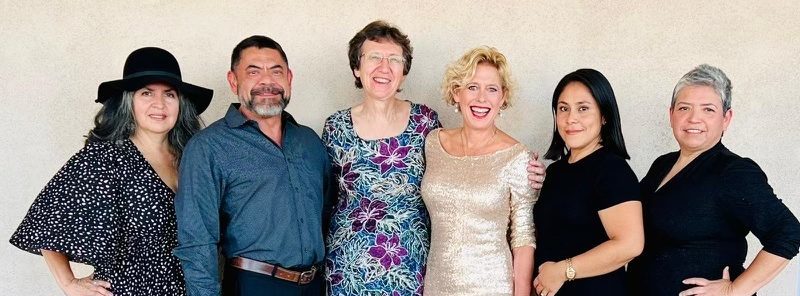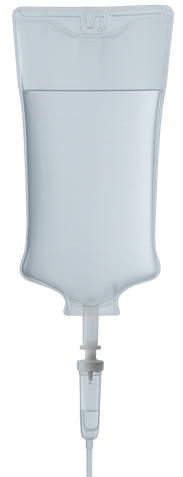COVID-19 Antibody Testing at LotusRain – Antibody testing determines whether you had COVID-19 and now have antibodies against the virus.
When is antibody testing done and why is it important?
Antibody testing, also known as serology testing, is done after full recovery from COVID-19. Eligibility may vary, depending on the availability of tests. A health care professional takes a blood sample, usually by drawing blood from a vein in the arm. Then the sample is tested to determine whether you’ve developed antibodies against the virus. The immune system produces these antibodies — proteins that are critical for fighting and clearing out the virus.
If test results show that you have antibodies, it indicates that you were likely infected with COVID-19 at some time in the past.
If you test positive
- A positive test result shows you have antibodies that likely resulted from an infection with SARS-CoV-2, or possibly a related coronavirus.
- It’s unclear if those antibodies can provide protection (immunity) against getting infected again. This means that we do not know at this time if antibodies make you immune to the virus.
- If you have no symptoms, you likely do not have an active infection and no additional follow-up is needed.
- If you have symptoms and meet other guidelines for testing, you would need another type of test called a nucleic acid test, or viral test. This test uses respiratory samples, such as a swab from inside your nose, to confirm COVID-19. An antibody test cannot tell if you are currently sick with COVID-19.
- It’s possible you might test positive for antibodies and you might not have or have ever had symptoms of COVID-19. This is known as having an asymptomatic infection, or an infection without symptoms.
If you test negative
- If you test negative for COVID-19 antibodies, you probably did not have a previous infection that has gotten better. However, you could have a current infection. It’s possible you could still get sick if you have been exposed to the virus recently, since antibodies don’t show up for 1 to 3 weeks after infection. This means you could still spread the virus.
- Some people may take even longer to develop antibodies, and some people may not develop antibodies.
- If you have symptoms and meet other guidelines for testing, you would need another type of test called a nucleic acid test, or viral test. This test uses respiratory samples, such as a swab from inside your nose, to confirm COVID-19. An antibody test cannot tell if you are currently sick with COVID-19.
*Information Source – CDC “Test for Past Infection” – Image Credit: Bloomberg







